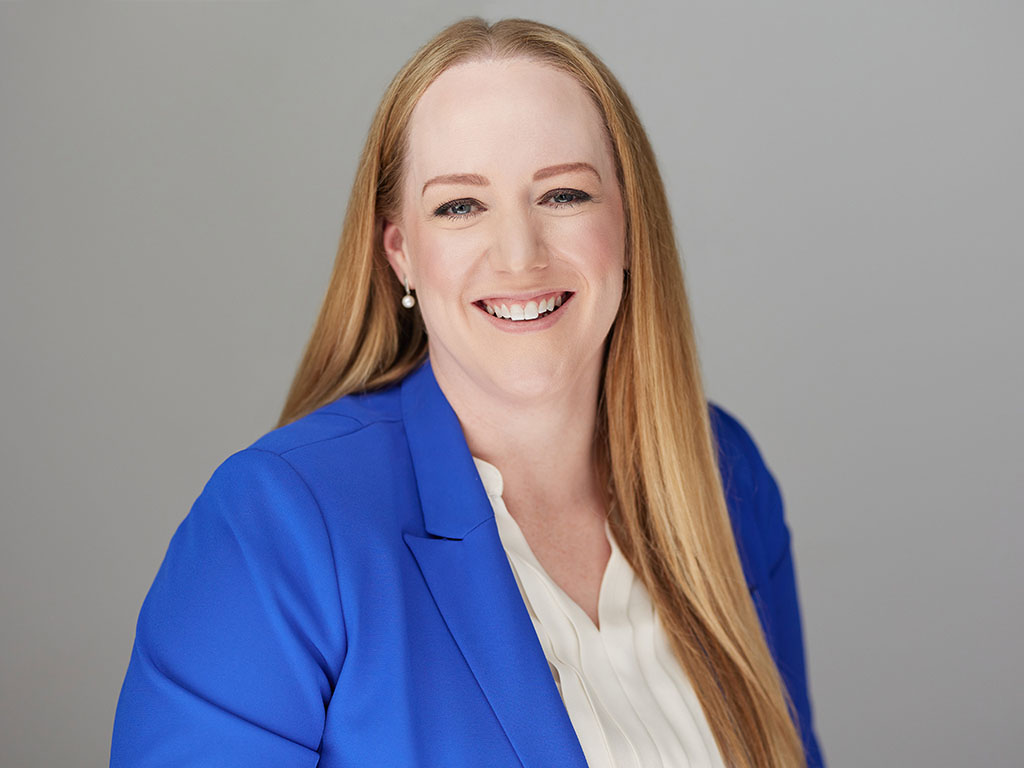Child Custody
The changes in your family life can be dramatic when you and your partner separate. It can impact your relationship with your children. Hightower Reff Law protects our client’s parenting time and their right to participate fully in raising their children. Let us help you.

Capable Child Custody Lawyers in Omaha
Our competent family law attorneys provide high-quality legal representation that’s needed for you and your family to move into the next phase in your lives. Keep an experienced lawyer like the ones at Hightower Reff Law by your side.
Our Process
Like in other states, the laws in Nebraska look to preserve the best interests of children involved in a divorce. We know this is your primary concern as well. If you are involved in a custody case, our attorneys will be by your side throughout this process:
- Hire an attorney and discuss your case.
- Prepare for joint meetings to develop a parenting plan.
- Both take a mandatory course to learn coparenting strategies.
- Sign your custody agreement together.
- If you cannot come to a custody agreement, a judge will decide custody arrangements based on parental fitness and the child’s best interests.
Our attorneys also help you understand how the court may rule in your case. Child custody is decided at the time divorces are granted.
Types of Child Custody Services
The Hightower Reff Law team is experienced in handling all family law counsel. We can give clear legal advice on paternal rights and child custody services, no matter your situation. We believe the emotional costs involved in trial often outweigh the benefits of going to trial. In many cases, our child custody and support clients are able to reach an agreement with our guidance and support. If not, we will fight for you in court.
Legal Custody
When couples divorce or separate, one party is awarded the ability to make decisions in the children’s lives. This includes medical decisions, where the children will live, and what school they attend. Legal custody allows for there to be clear and concise communication to decide who will be responsible for different aspects of the child’s life.
Physical Custody
Parents who have physical custody of the children, the “custodial parent,” will have primary custody. The other parent, the “non-custodial parent,” will have parenting (formerly visitation) time with their child.
Joint Custody
In the case of joint custody, both parents share the responsibility for important decision-making, which can make the parenting process easier. Children will also spend an equal amount of time with both parents.
Sole Custody
When awarded sole custody of your children, you will make the final decisions regarding them. The non-custodial parent still has access to the children and the ability to give input to important decision-making.
Split Custody
Split custody involves families who have multiple children in a family unit. Each parent will take custody of a child. The courts do their best to stay away from split custody to avoid separating siblings.
Third-party Custody
Should you or your partner not be able to take care of the children, a third party can be assigned guardianship. In these cases, the people chosen are often grandparents or other close relatives.
Related Child Custody Services
Hightower Reff Law prioritizes your children’s needs to minimize the emotional impact of separation or divorce. We understand that when kids are involved, there will be many related services you need to finalize this next step in life, and we’ll handle all of them in-house so you never have to tell your story twice.
Parental Plans
We’re here to work with you and personally guide you through the parenting plan process so you have an outcome that’s best for you and your child. Your parenting plan must include how often your children stay with you and which holidays are spent with which parent. It should also include other important details—like transportation to your child’s sporting events and how often you can schedule phone calls with your kids when it’s not your parenting time.
Contempt & Show Cause
Whenever someone isn’t following an existing court order, the other side of the case can bring an action to have them held in contempt of court. In family law cases, this can be for non-payment of child support or spousal support/alimony, for not following a parenting plan schedule, or for any other violation of the court order. The family law attorneys at Hightower Reff Law have experience in pursuing contempt findings and defending against contempt charges.
Modifications
A court order entered during your divorce or custody case may need to be changed down the road if circumstances change. A court order may also need to be enforced if the other parent doesn’t follow the court order. At Hightower Reff Law, we don’t just guide you through the initial stages of a divorce or custody case, we believe in building strong attorney-client relationships. This means that we will support you if you need to modify your prior court order.
Removal & Relocations
Families continue to change after a divorce or child custody case is final. These changes can cause parents to relocate or move away, increasing the separation between parents and children. These types of cases are called removal cases. When this happens, you need to contact an experienced family law attorney, like ours at Hightower Reff Law, to modify your parenting time agreements.
Mediation
In the state of Nebraska, it is mandatory to pursue mediation for parenting plans. Our expert attorneys can help you explain this process and work with you and your co-parent to reach a mutually beneficial agreement that keeps your children’s well-being as the top priority.
Child Custody
When child custody is granted, the court will likely require child support to be paid to the custodial parent by the non-custodial parent. In typical divorce cases in Nebraska, child support payments follow guidelines that our dedicated legal staff will help you understand.
Our Family Law Attorneys
At Hightower Reff Law, we strongly believe in protecting your children’s best interests. We’ll do everything possible to negotiate an outcome that’s best for them and your family.

Partner

Partner

Partner

Senior Associate

Associate

Associate

Associate

Associate
Frequently Asked Questions
How does a judge decide our custody arrangement?
If parents cannot reach an agreement through your attorneys and/or mediation, the judge will decide the custody arrangement based on various criteria, including:
- The mental and physical health of both parents
- The child’s relationship with both parents
- The child’s wishes if they are mature enough to make an informed decision
- The wishes of both parents
- The safety, stability, and future opportunities offered by each parent
In most cases, Nebraska judges typically favor a joint custody arrangement where both parents take an active role in raising their children. If you are not granted primary custody of your children, it does not mean you are an unfit parent. The court determines primary custody arrangements based on a variety of factors, including details as uncontrollable as parent work schedules and the friends and family who may help support the custodial parent in caring for the children.
Do courts favor the mother over the father in Nebraska?
No, Nebraska custody laws don’t favor one parent over the other based on sex. Like many other states, Nebraska has abolished maternal preference since the “tender years” doctrine falsely presumes that mothers are more capable of raising children in their infancy.
Do my children need to appear in court?
Children are not required to be in court during the trial. However, it is an option that you can discuss with your lawyer to determine if it is necessary.
Contact Hightower Reff Law
Have questions about child custody laws in Nebraska?
Before you make big decisions regarding your family,
contact our office and discuss your options with an experienced lawyer.
related content
Post-Holiday Parenting Conflicts: When the Schedule Stops Working
The holidays are often the first real stress test for a parenting plan. Once the decorations come down and life returns to normal, many divorced parents realize something important: the current custody arrangement isn’t working anymore. Post-holiday parenting...
Guide to Parenting Classes for Divorce in Nebraska
Custody disputes do not just involve legal custody filings—they also involve education. In Nebraska, parents involved in custody cases are required to complete parenting classes for divorce. Understanding parenting class requirements in Nebraska and where you can...
Different Types of Custody Arrangements in Nebraska
Custody is not one-size-fits-all. Nebraska law recognizes different types of custody to reflect the diverse realities of families. Understanding these types of custody in Nebraska can help parents advocate effectively for their children and make informed decisions...



